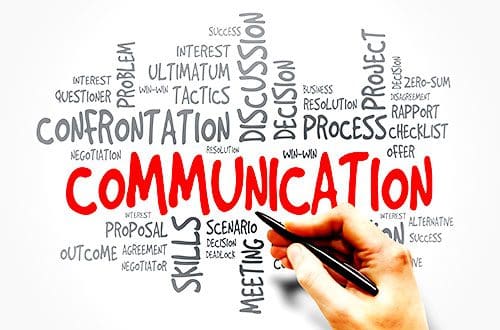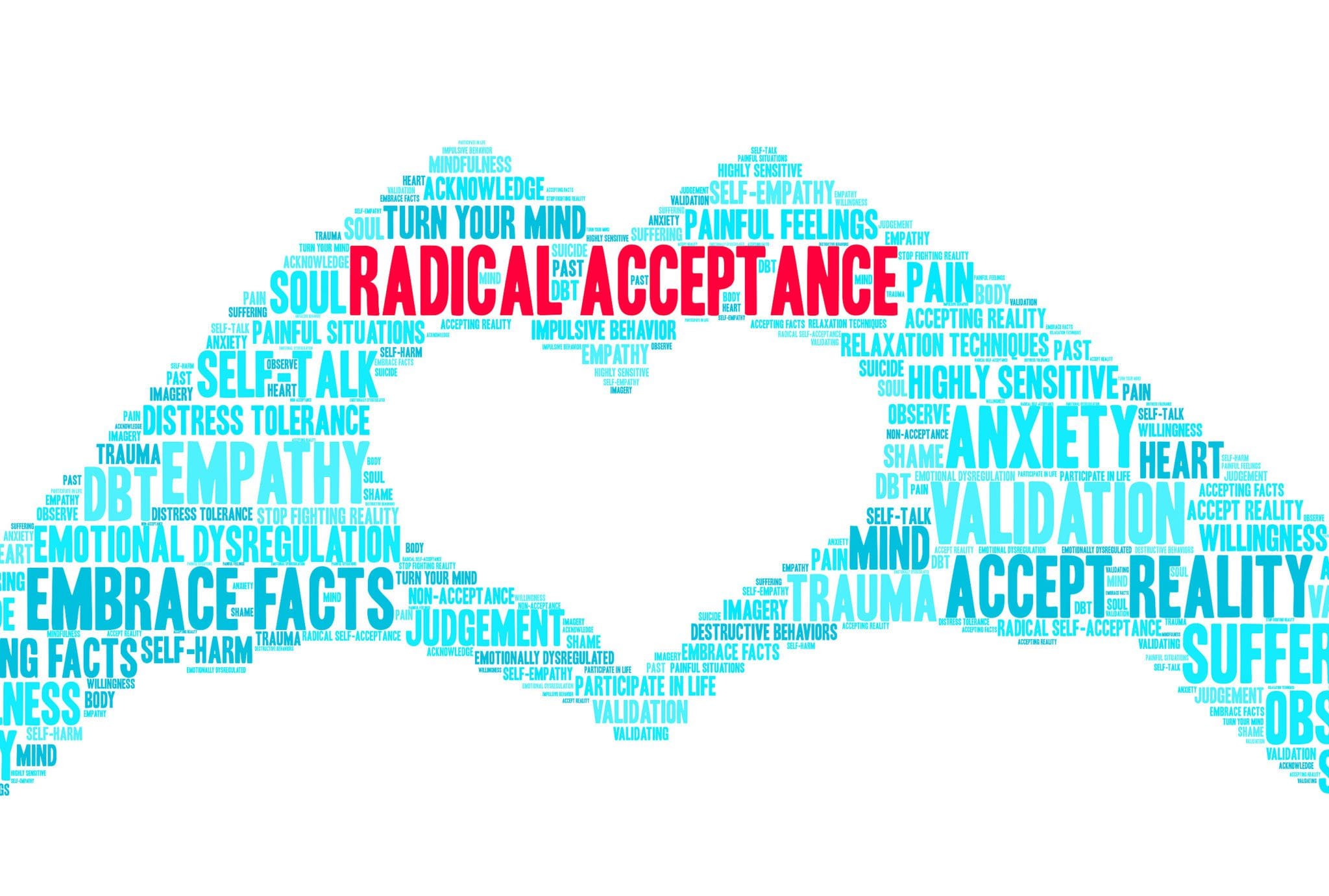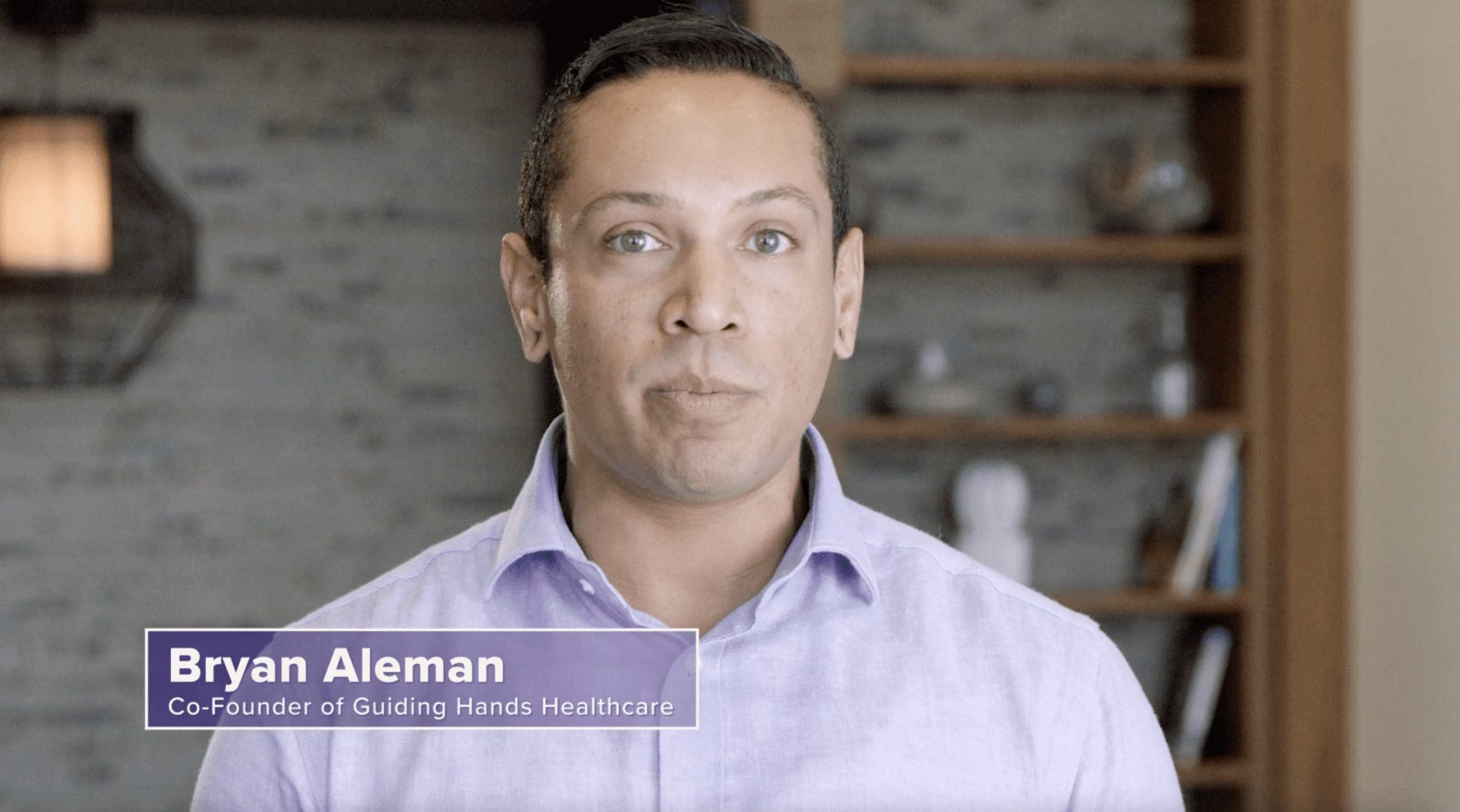Mental Health
Mental health includes our emotional, psychological, and social well-being. It affects how we think, feel, and act. It also helps determine how we handle stress, relate to others, and make choices. Mental health is vital at every stage of life, from childhood and adolescence through adulthood.
That said, people are more reluctant to reveal they have a mental illness; it has a stigma attached to it. Judgment and discrimination are often the reasons why many choose to suffer in silence. Unfortunately, this phenomenon prevents patients from having the awareness to access the much-needed help – findings show that 85% of people who have experienced a mental health disorder decide not to seek professional help because the common conception is that there is something wrong with them. Here at Guiding Hands Healthcare, we do not label you, make you feel “wrong,” or encourage you toward false beliefs about yourself. Instead, we help you create a new belief system and a new story to your life.

If something is reoccurring in your life, chances are it is because of a Belief System. A Belief System is your personal story that you tell yourself every day, day in and day out, and it’s a survival skill that usually stems from childhood. Our goal is to help you identify old, negative belief systems and change them into something more positive. In childhood, we are taught our BS, and through our successes, tragedies, and especially our failures, we are creating a thought system that shapes our actions. This affects everything we do; however, this BS can be changed with the right tools.

Conscious Communication – Getting What You Want with The Language You Use
Conscious Communication is a way of talking and listening that is focused on growing healthy, mutually enriching relationships. Since most relationship problems are rooted in communications that are either avoided, forced, or misinterpreted, the purpose is to provide an emotional experience that allows each person to feel safe enough to grow a quality relationship in which essential personal needs (not wants) are expressed, mutually valued, and met through natural giving.

Inner Child: What exactly is this so-called inner child? Does it actually exist? And why should we care?
Destructive behavior takes various forms, from subtle self-sabotage and self-defeating patterns to passive hostility, and sometimes including severe self-destructive symptoms and addictions. By connecting with the inner-child, we gain access to new information about our unhealed wounds and unmet needs.

The critical inner voice we hear has usually developed from painful early life experiences, and it works against us or those close to us. As adults, we unconsciously adopt and integrate this pattern of negative thinking toward ourselves and others. When we neglect to recognize and separate from this inner critical voice, we enable it to influence our behavior and shape the direction of our lives. It may sabotage our progress or relationships, blocking us from experiencing the lives we want to lead and from becoming who we are meant to be.

Controlling Your Anger Before It Controls You
Anger is a healthy emotion. However, it can occur out of proportion to its trigger. In these cases, feeling of anger can damage relationships, obstruct a person’s decision-making process, and cause harm. Suppressing and storing up anger can also have a damaging impact. When one is triggered, anger can be difficult to stop in its tracks. However, detecting emotion early can be critical. Learning to control anger can limit emotional damage and allow a person to redirect their thought processes to a more constructive place. In this group, learn how to: reduce physiological arousal and emotions that cause anger; manage and identify the triggers; and learn to regulate responses.

Suffering happens when we refuse to accept pain. Radical acceptance means accepting everything about yourself, your current situation, and your life without question, blame, or pushback, because, while pain is inevitable in life, suffering is optional. This is because fighting against something often makes it worse; We at Guiding hands Healthcare believe that accepting yourself, your situation, and your mental health status can help alleviate pain and suffering by creating a supportive environment that allows clients to thrive and grow.

Expressive Art Therapy combines the creative process with psychotherapeutic methods to enhance mental health and well-being. Art therapy develops an approach to mental health that utilizes art to strengthen mental, physical, and emotional wellness. It also helps clients develop self-awareness, explore emotions, address unresolved emotional conflicts, improve social skills, and raise self-esteem.

